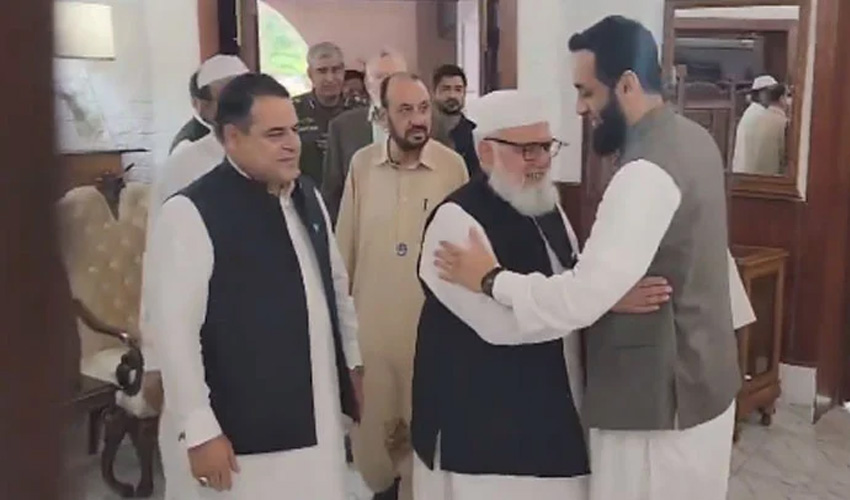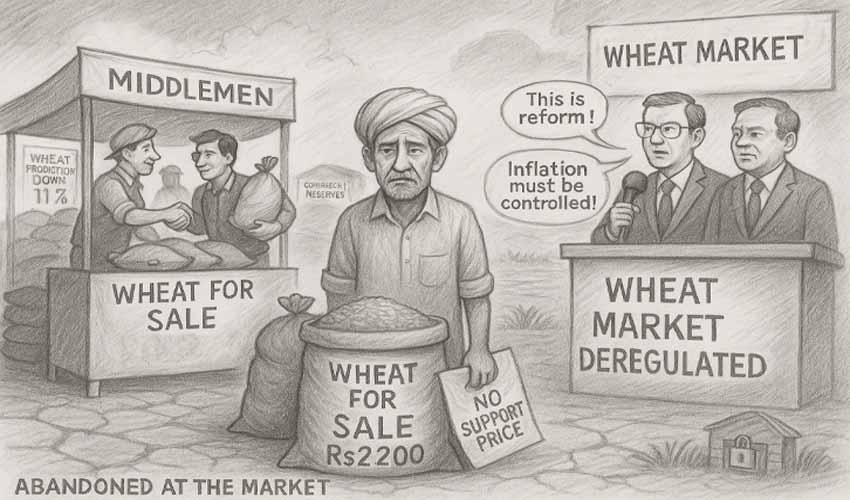The first round of negotiations between the government and Jamaat-e-Islami concluded on Sunday with the government agreeing to release 35 arrested workers.
The workers had been detained under Section 144 during the ongoing sit-in in Rawalpindi.
Speaking to reporters after the negotiations held at the commissioner's office, Attaullah Tarar, head of the government's negotiation team, described the talks as cordial and constructive.
He confirmed the immediate release of the 35 individuals provided by Jamaat-e-Islami on a list, highlighting the government's commitment to addressing the party's demands.
"We are ready to take every step necessary for the country's prosperity," Tarar said. "The government is seriously considering the demands of Jamaat-e-Islami, as improving the nation's stability and offering relief to the public are also our priorities."
Tarar stressed the government's efforts to stabilise the economy, mentioning foreign investment initiatives and the stabilization of the rupee.
He announced the formation of a technical committee comprising the Minister of Water and Power, the Secretary of Energy, FBR representatives, and officials from the Ministry of Finance to address Jamaat-e-Islami's demands.
Engineer Amir Muqam echoed Tarar's sentiments, expressing alignment with Jamaat-e-Islami's goals of reducing petrol prices, increasing salaries, and eliminating excessive taxes.
"We all share the same agenda for economic improvement," he said.
Liaquat Baloch, head of Jamaat-e-Islami's negotiation committee, expressed satisfaction with the first round of talks, noting that the sit-in's agenda was clearly communicated to the government.
He reiterated that the protest was not driven by party interests but by the pressing issues faced by the populace, such as unaffordable electricity bills and high petrol prices.
Baloch criticised the impact of Independent Power Producers (IPPs) on the economy, presenting a comprehensive report to the government committee.
He argued that the issue should not be dismissed as a matter of international agreements, highlighting that the only significant agreement was with China, a nation he described as a close ally.
The government has assured further discussions on these matters through the newly formed technical committee. Baloch affirmed that the sit-in and protests would continue until substantial progress is made.
In response to queries, Baloch emphasised the need for genuine government engagement to achieve relief for the public.
He warned that without serious action, the protests would persist as Jamaat-e-Islami continues to fight for the people's rights.



























